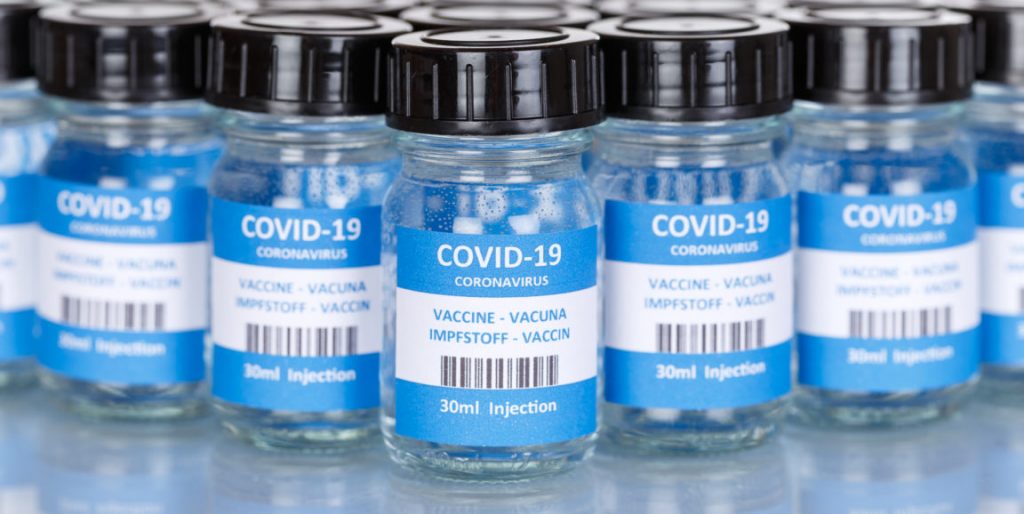Manas Dasgupta
NEW DELHI, Jan 27 India’s drug regulator on Thursday granted “Conditional Market Authorisation” to both Serum Institute of India-manufactured “Covishield” and Bharat Biotech’s “Covaxin” vaccines for Covid-19 for use in the adult population subject to certain conditions, official sources said.
The approval was granted under the New Drugs and Clinical Trials Rules, 2019. Official sources said though the regular market approval for the two vaccines would mean a step better than the “emergency use authorisation” the two vaccines had been granted currently, under the “conditional market authorisation” the two vaccines would still remain under governmental control and would not be available across the counter in pharmacies immediately.
Under the conditions, the firms shall submit data of ongoing clinical trials and the vaccines to be supplied for programmatic setting. Adverse event following immunisation will continue to be monitored. The Drugs Controller General of India’s (DCGI) approval came after the Subject Expert Committee (SEC) on COVID-19 of the Central Drugs Standard Control Organisation (CDSCO) on January 19 recommended granting regular market approval to Covishield and Covaxin for use in adult population subject to certain conditions.
Prakash Kumar Singh, Director, Government and Regulatory Affairs at SII, Pune, had submitted an application to the DCGI on October 25 seeking regular market authorisation for Covishield. The DCGI had sought more data and documents from the Pune-based company following which Singh recently had submitted a response along with more data and information. “Such a large-scale vaccination with Covishield and containment of COVID-19 infection is in itself a testimony of the safety and efficacy of the vaccine,” he had said.
In an application sent to the DCGI, V Krishna Mohan, whole-time director at the Hyderabad-based Bharat Biotech, submitted complete information regarding chemistry, manufacturing and controls, along with the pre-clinical and clinical data while seeking regular market authorisation for Covaxin. Bharat Biotech International Limited (BBIL) took up the challenge to develop, produce and clinically evaluate a vaccine (Covaxin), from the SARS-CoV-2 strains isolated from COVID-19 patients in India, Mohan had said in the application.
Covaxin and Covishield were granted Emergency Use Authorisation (EUA) on January 3, last year. Since then Covishield and Covaxin have been available under Emergency Use Authorisation (EUA). The EUA route, which in India is termed as restricted use in emergency situations, is invoked in public health emergencies like a pandemic, provided that the regulator, based on initial data from phase 3 of clinical trials, determines that the potential benefits of the vaccine, when used to prevent Covid-19, outweigh its potential risks.
However, since the two vaccines now meet the high standard of safety, effectiveness, and manufacturing quality that the Drugs and Cosmetic Act required of a new vaccine, they are now upgraded to conditional market authorisation. The official sources clarified how the conditional market authorisation would be different from full market authorisation.
Sources said Thursday’s “conditional market authorisation” has emerged globally during the pandemic. It would be almost similar to the conditional market authorisation granted by USFDA to Pfizer’s mRNA Covid-19 vaccine, and UKMHRA’s conditional market authorisation granted to AstraZeneca’s Covid-19 vaccine.
In market authorisation, the new vaccine or drug is available in pharmacies and a consumer can buy it across the counter, if it is an over-counter product. If it is a prescription drug, then a consumer can avail the drug in a pharmacy on the basis of prescription by a doctor. However, sources said that the conditional market authorisation for the two Covid-19 vaccines would have three major differences.
First, the two Covid-19 vaccines would still not be available in pharmacies, and can’t be purchased either over the counter or through prescription. The second condition, sources said, would be that private hospitals and private clinics have to procure the vaccine, and will be available against payment. Third conditions would be that after the vaccine is available in private hospitals and clinics, its administration will have to be captured on the government’s digital vaccination platform, CoWin. Which means that any unique vaccination event that happens in the country will continue to be captured on CoWin.
Sources said there would also be a fourth condition pertaining to the monitoring the safety of the vaccine. Under EUA, the manufacturers have to submit safety and efficacy data every 15 days or a month. Now, under the conditional market authorisation, sources said, the manufacturers have to submit the data on safety and efficacy every six months.
The government sources had on Wednesday indicated that the market prices of the two vaccines were likely to be capped at Rs 425 per dose including the base price of Rs 275 plus Rs 150 service charges per dose. Currently, Covaxin is priced at Rs 1,200 per dose and Covishield Rs 875 if administered through private hospitals.

